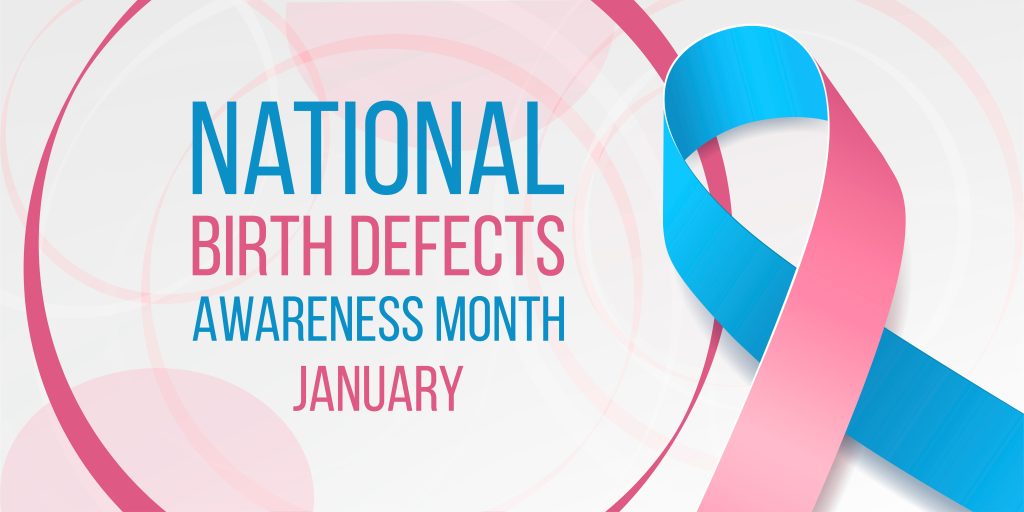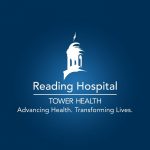This is National Birth Defects Awareness Month. Birth defects are common, according to the Centers for Disease Control and Prevention, and they can be critical conditions that are costly to deal with.
Birth defects affect almost 12,000 infants a year in the U.S. – or one in every 33 babies.
Dr. Scott Adzick – surgeon-in-chief and medical director for the Center for Fetal Diagnosis and Treatment at the Children’s Hospital of Philadelphia – said since the center has been in existence, it has received over 30,000 referrals about pregnancies with birth defects, from all 50 states and more than 70 countries.
Adzick said about 2,000 a year arrive for intensive evaluation and treatment.
“A sophisticated fetal surgery team repairs birth defects,” said Adzick, “such as Spina Bifida – where there’s an opening in the back to expose the spine to neurotoxic amniotic fluid – or a variety of other birth defects in the womb. We place fetal shots to treat life-threatening congenital conditions.”
Adzick added that they perform minimally invasive procedures to treat complications.
Research from the CDC indicates a birth defect is the cause of one in every five deaths during the first year of life.
Pennsylvania doesn’t have a statewide birth defect registry and tracks only 10 types of birth defects, which are reported to the Pennsylvania Division of Vital Records. They reflect conditions diagnosed at birth and noted on the birth record.
Adzick said birth defects can be diagnosed during pregnancy, and suggests people who are pregnant get regular prenatal care and discuss any concerns about family health history and genetic testing.
“On a routine basis, pregnant mothers should have a sophisticated maternal fetal ultrasound at 18 to 20 weeks gestation,” said Adzick. “She should have blood drawn because one can pick up fetal cells in the maternal blood. And you can then do genetic analysis to look for, you know, trisomies and things of that sort.”
A trisomy is an extra chromosome that might indicate an abnormality in a fetus.
If families are in need of fetal treatment center services, Adzick recommended that they do their research and ask questions about experience, clinical volume, and publications that reveal the doctors’ experience.
He said there are now 36 fetal treatment centers in North America, between the U.S. and Canada.



